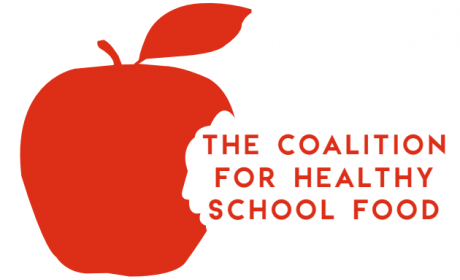
The City of Toronto yesterday joined the City of Vancouver and more than 35 Canadian organizations in calling for federal investment in a national, universal healthy school food program. Motion MM32.9, Supporting a National School Food Program, passed 40 to 2 yesterday evening, demonstrating the City’s ongoing commitment as a champion of healthy food in schools.
“Sadly many children go to school hungry and thus cannot focus on their studies,” says City Councillor Mary Fragedakis. “School food programs give them a chance, and all students benefit from an improved learning environment. They all learn healthy eating habits, which has many lasting benefits for them and our society as a whole. That’s why most democracies have a national school food program and Canada too should make this very fruitful investment in our youth.”
A recent UNICEF report ranked Canada 37th out of 41 high-income countries in providing access to healthy food for kids and suggested a national school food program as a solution.
One third of students in elementary schools and two thirds of students in secondary schools do not eat a nutritious breakfast before school, undermining their health and academic potential. School food programs, which only reach one million of Canada’s five million schoolchildren, have shown to increase consumption of fruits and vegetables, improve physical and mental health, decrease behavioural and emotional problems, and improve educational outcomes.
“The call for a national school food program is really an equity issue,” says Joe Mihevc, City Councillor and Chair of the Board of Health. “As a city and as a country, we have a responsibility to ensure all students have an equal opportunity for successful outcomes, both in school and for their health. Investing in student nutrition means we are committing to investing in the health, education and future of our students.”
“The Coalition for Healthy School Food is thrilled by the City of Toronto’s support and continued investment in the health and education of Canadian children,” says Sasha McNicoll, Coalition for Healthy School Food Coordinator.
Investments from provincial, territorial, and municipal governments, as well as from parents, civil society organizations, and corporations, are supporting a patchwork of school food programs across the country. A federal investment can leverage these efforts to improve the health and educational outcomes of all children and lower health care costs for the next generation of Canadians from coast to coast to coast.